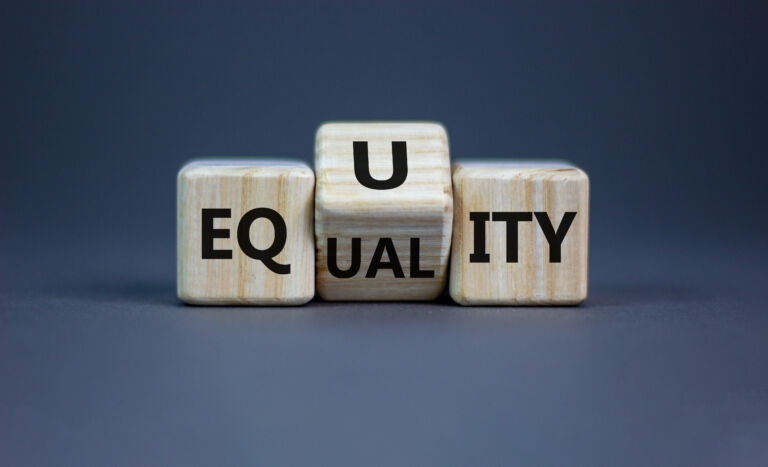Last week I had the honor of speaking in favor of occupational licensing reform before a legislative oversight committee (you can view my presentation here).
Among other things, I spoke of research findings that occupational licensing depressed employment growth in the regulated industry, and that it negatively affected entrepreneurship — which, when it concerns entrepreneurial activity among the poor, is doubly concerning for reasons spelled out in this newsletter.
Today, the Mercatus Center has released more research that buttresses these findings. A comprehensive study finds that “Countries with more burdensome entry regulations—that is, countries where red tape makes it harder to set up a business—tend to also have greater income inequality.”
As stated in the summary:
Entry regulations require would-be members of a specific profession to pass exams or meet education or experience requirements in order to obtain a license to work. Proponents claim that such regulations might improve the quality of service, but most studies have shown that there is no relationship between licensing and quality. Entry regulations may, however, increase income inequality by corralling poorer workers into lower-paying, unregulated fields or forcing them to operate illegally and incur the higher costs of doing so. If entry regulations require expensive education, testing, and fees, workers may choose instead to accept jobs that pay less and don’t take full advantage of their skills.
A new study for the Mercatus Center at George Mason University examines the relationship between income inequality and the number of regulatory steps necessary to start a business. Looking at 175 countries and multiple variables, the study finds that there is a positive relationship between entry regulations and income inequality.


